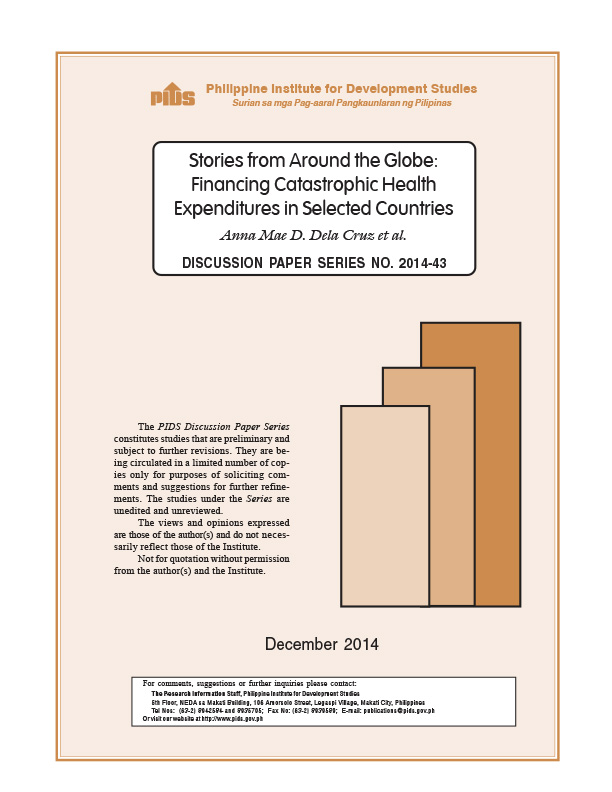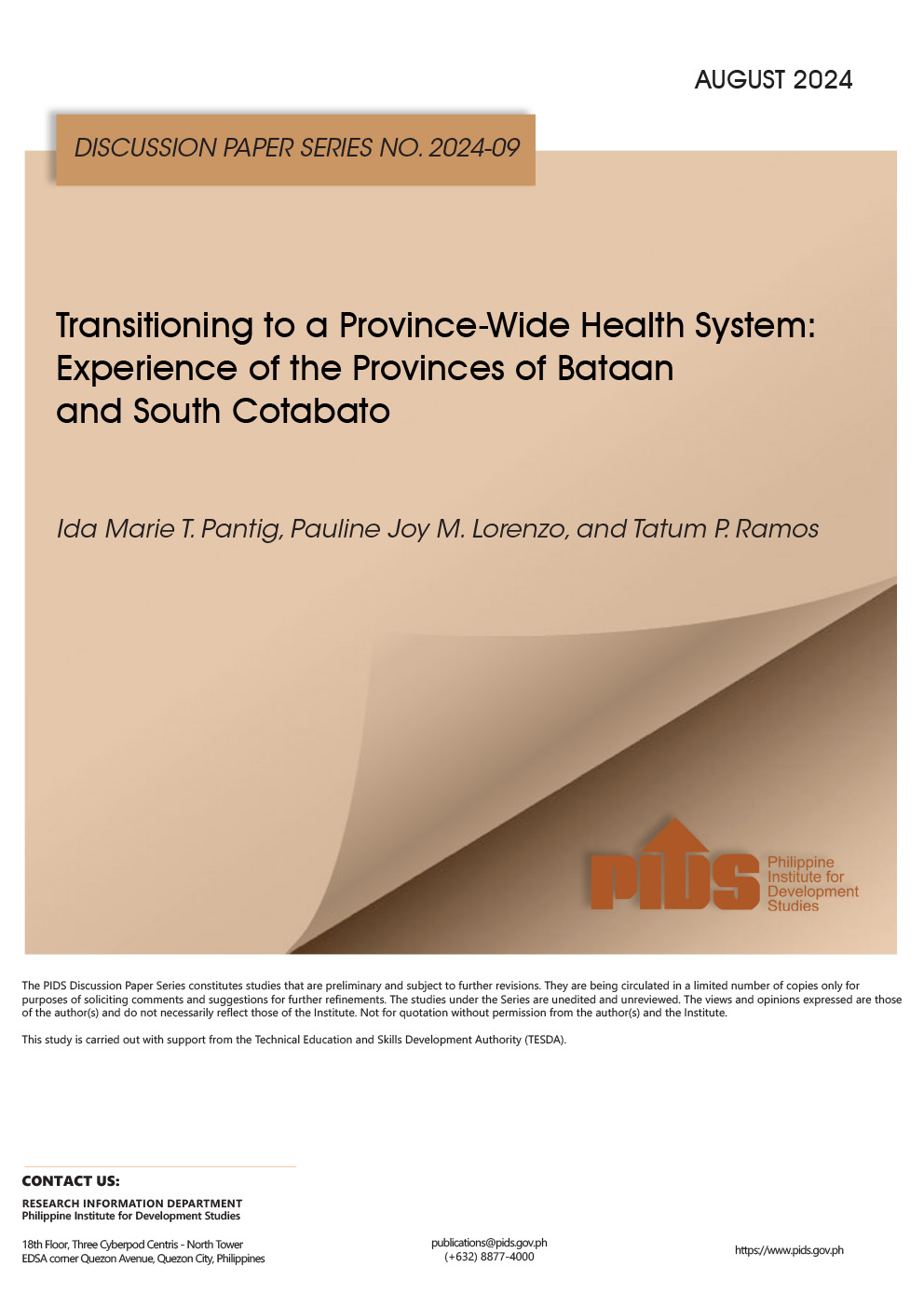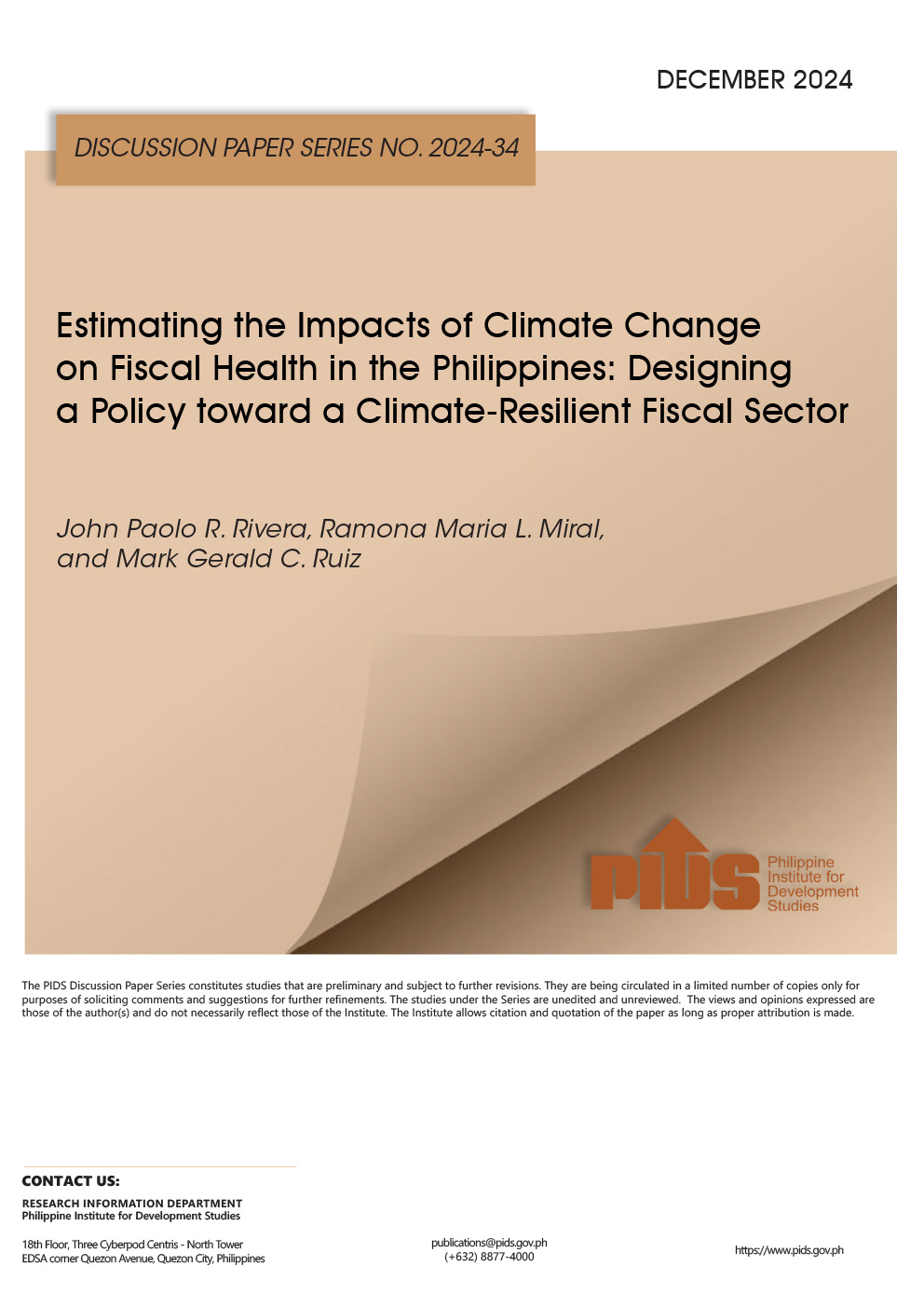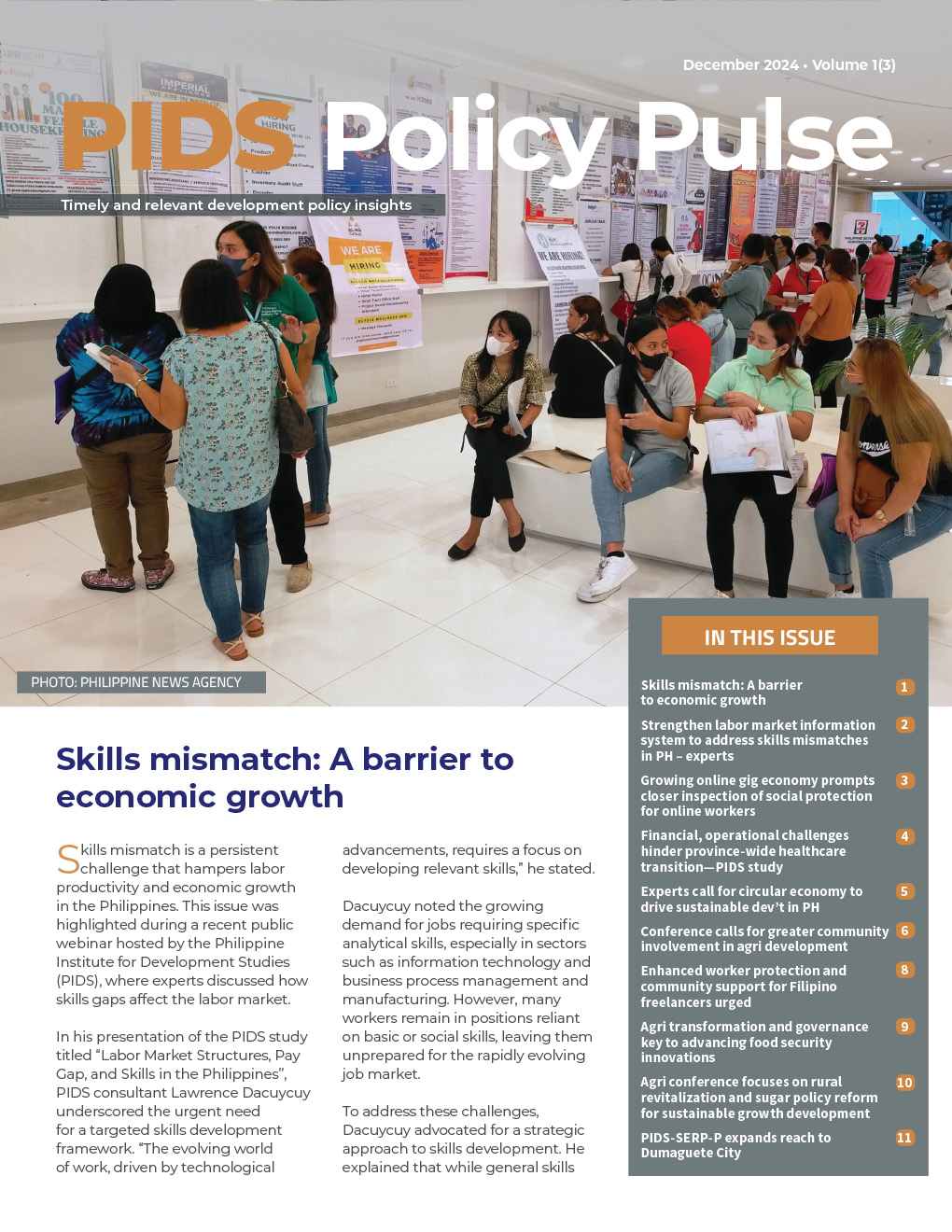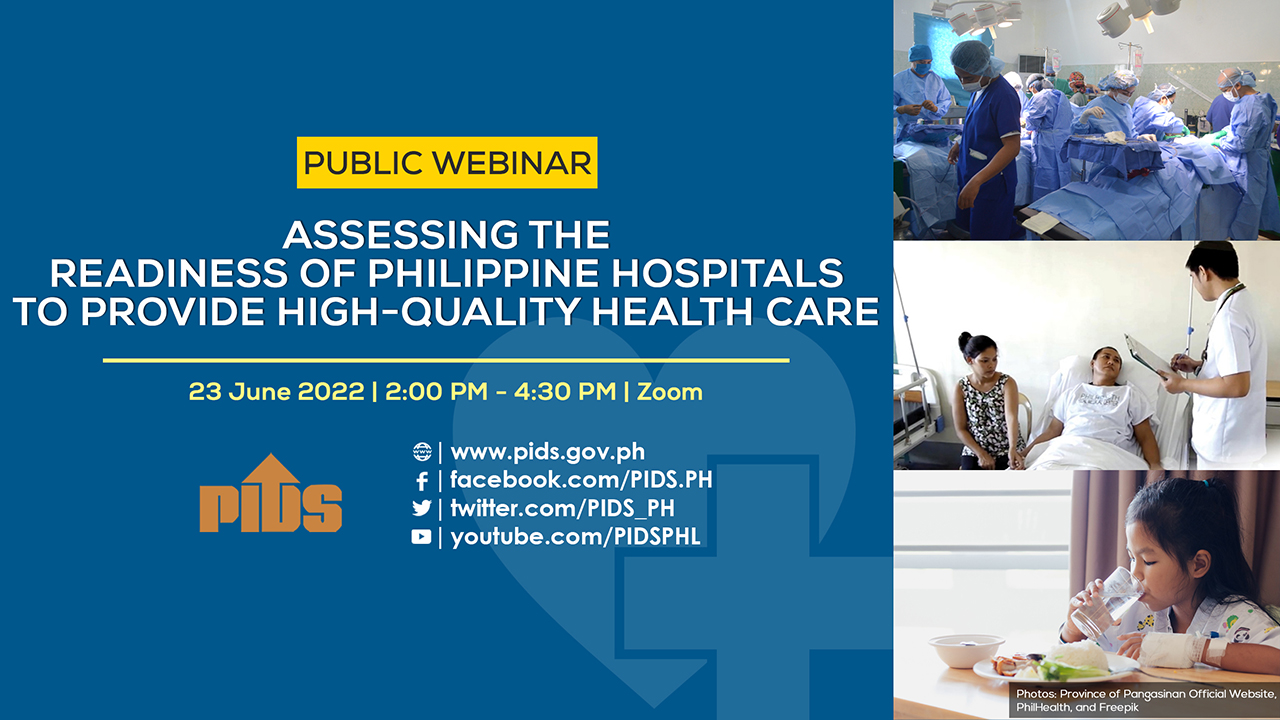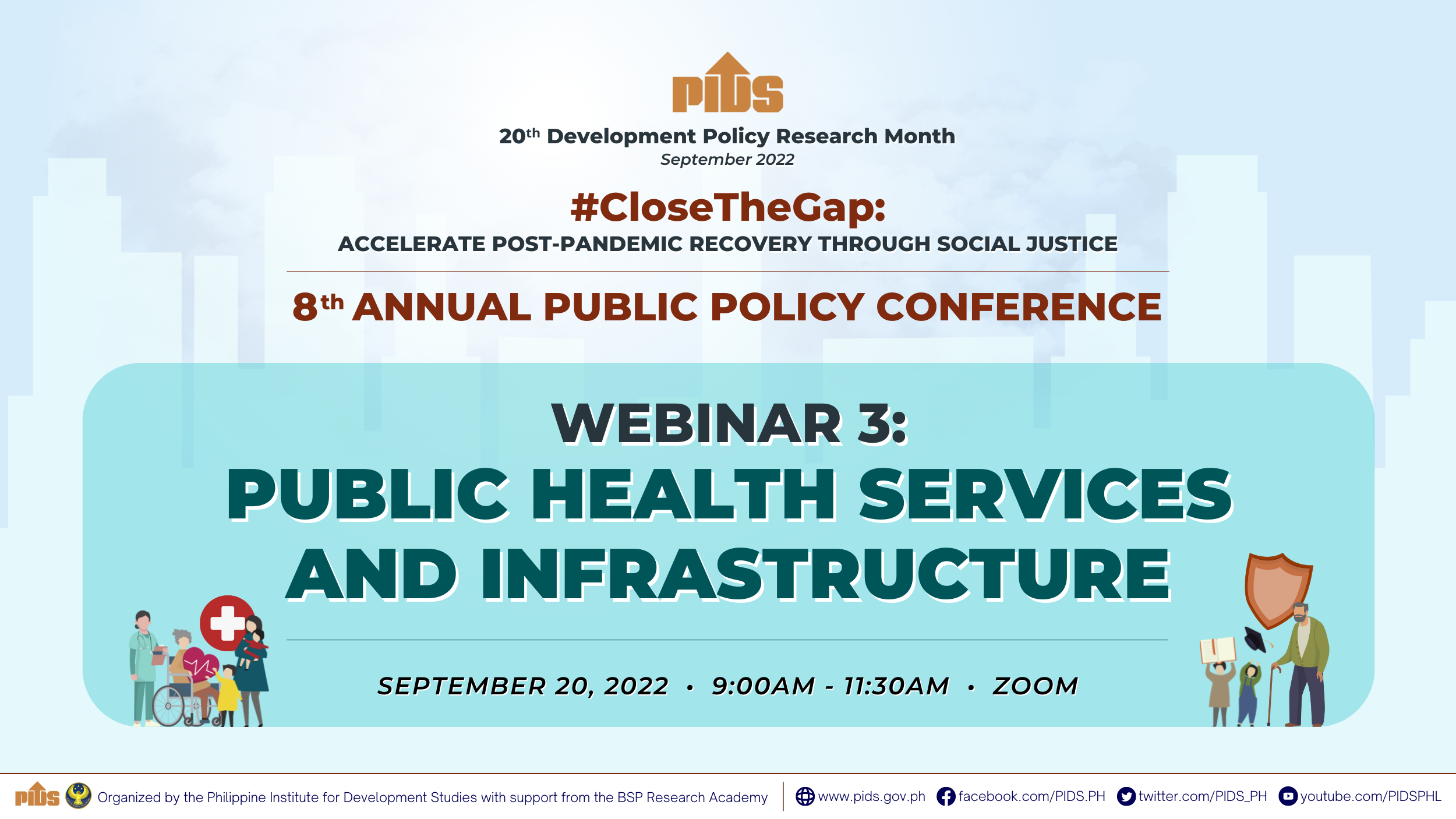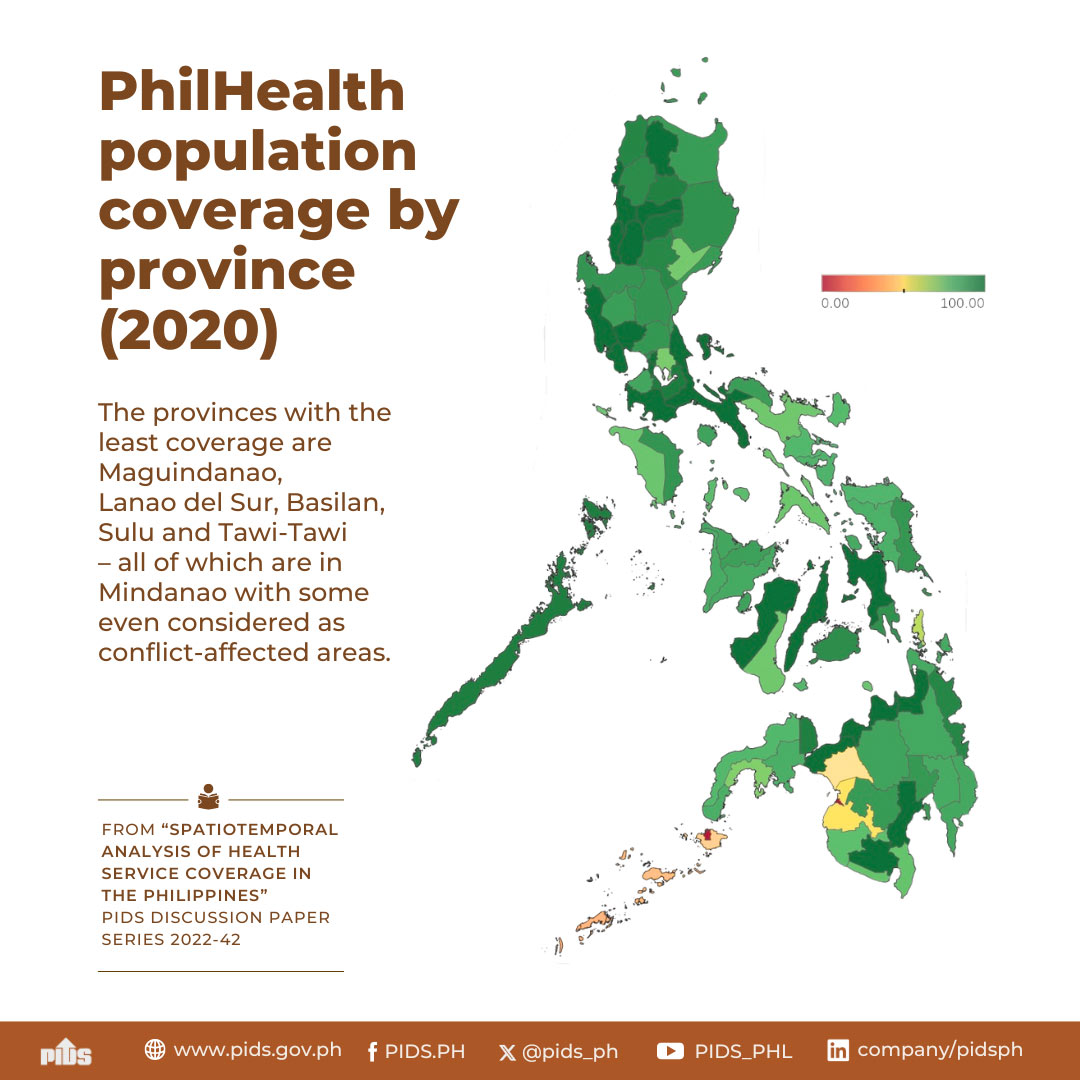This study reviews literature on financing catastrophic health expenditures in selected countries to describe and synthesize the strategies of relatively successful health financing schemes. It begins with a review of basic concepts and definitions to set the stage for later discussions. This is followed by a country selection process, where countries were selected based on their income level, health outcomes, coverage outcomes, cost effectiveness, and the availability of information on their health financing strategies. Low-income, lower middle-income, and upper middle-income countries were selected, each one having above average outcomes and cost effectiveness relative to other countries within the same income level. The availability of information further limited the selection to three countries--Kyrgyz Republic, Sri Lanka, and Thailand--on which a desk review was conducted. The study presents the stories of each country and the common themes that emerged.
The stories reveal that the causes behind catastrophic payments, specifically high out-of-pocket payments, vary, thus the strategies for addressing them also do. Health financing schemes were either set for the whole population or formulated to fit specific segments. All three countries increased the amount of funding available for health care, and did so mostly through taxation. Benefits are comprehensive, covering preventive, inpatient, and outpatient care with drugs and medicines. Payment methods were generally designed to use the available funds in a cost-effective manner by strengthening preventive primary care, and incentivizing efficiency in tertiary care facilities.
Beyond that, change management factors that were common to most or all of the countries were: crises that created an impetus for change; strong public demand and participation; a political system that empowers the populace and creates political incentives for reform; commitment to a comprehensive, cohesive, and appropriate strategy; grit and responsiveness throughout the implementation period; monitoring and evaluation; and rapid but phased implementation.
Citations
This publication has been cited 1 time
- BMPlus. 2021. Cancer survey reveals new insights into public perception of Big C. Business Mirror.

